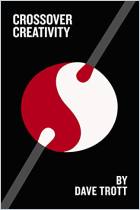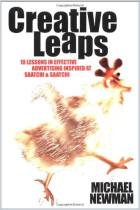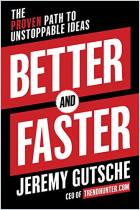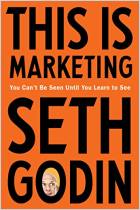
Book
Creative Blindness (And How To Cure It)
Real-life stories of remarkable creative vision
Recommendation
Legendary ad man, Dave Trott, assembled a collection of real-life fables, each with its own moral, teaching moment and creative lesson. He highlights inventive visionaries, unconventional thinkers and resourceful problem-solvers to impart lessons about life, success and advertising. Read together, the pieces form a picture of a new and different approach to working, living and spotting creativity in your surroundings.
Summary
About the Author
Dave Trott founded three advertising agencies, won the D&AD President’s lifetime achievement award, and wrote Creative Mischief and Predatory Thinking.
By the same author
Book
Learners who read this summary also read
Book
Book
Book
Book
Book




















Comment on this summary or 开始讨论